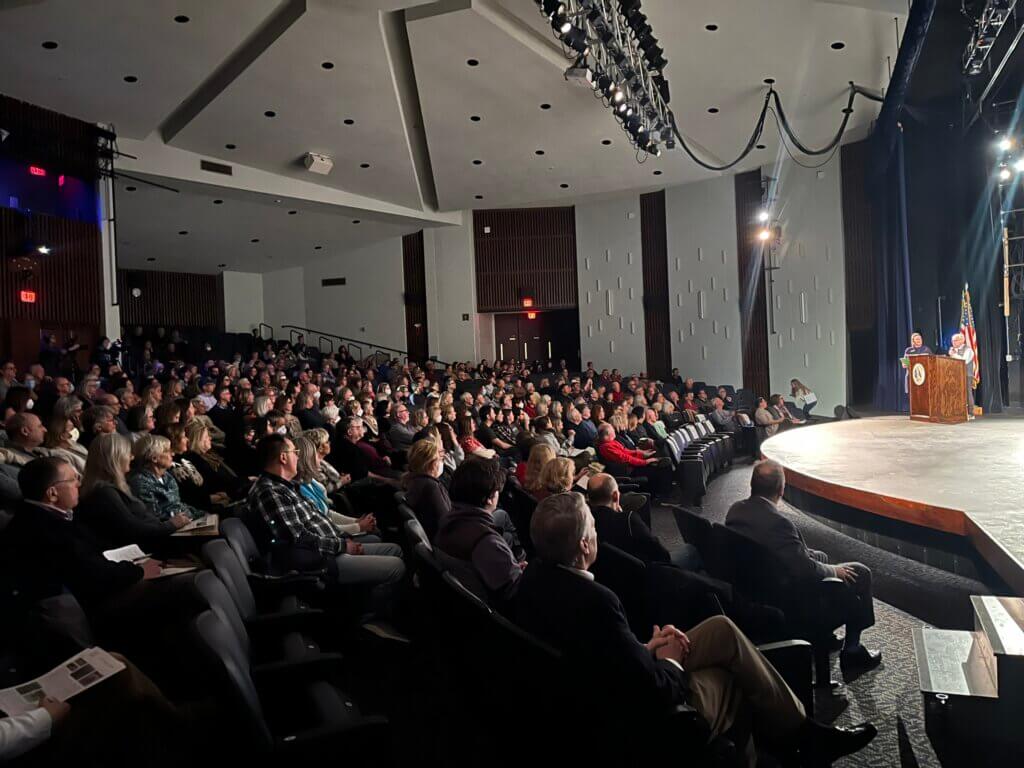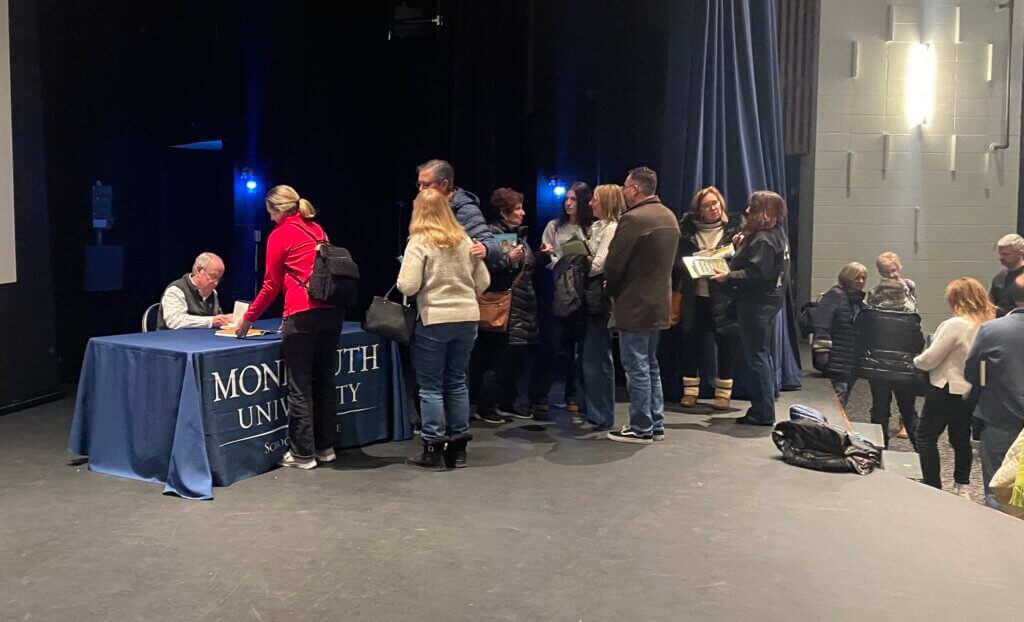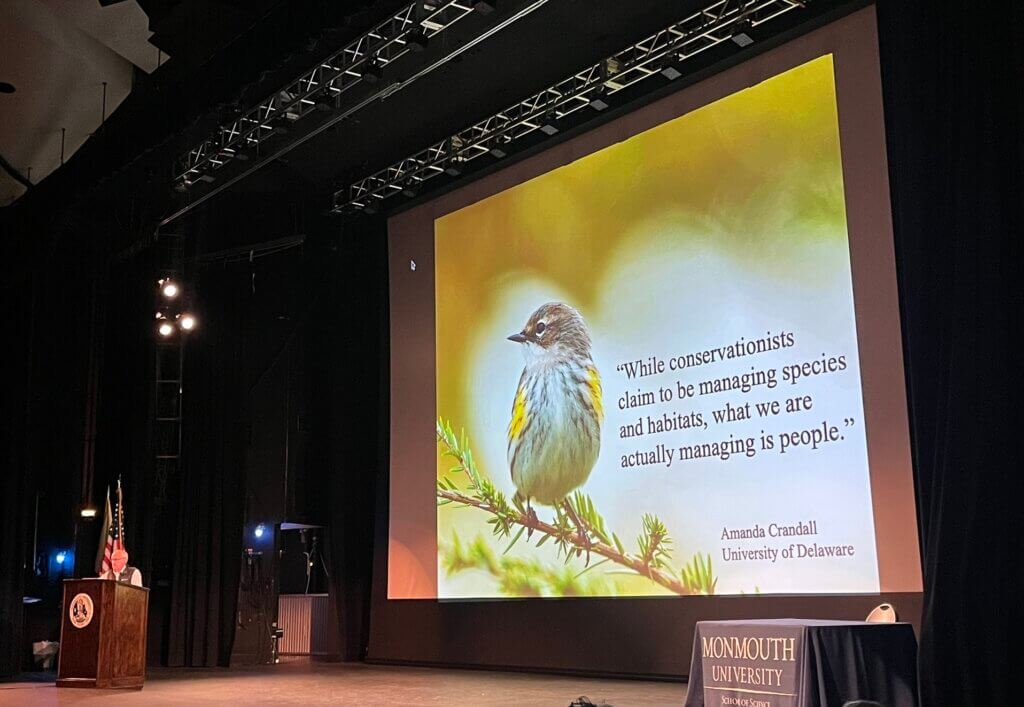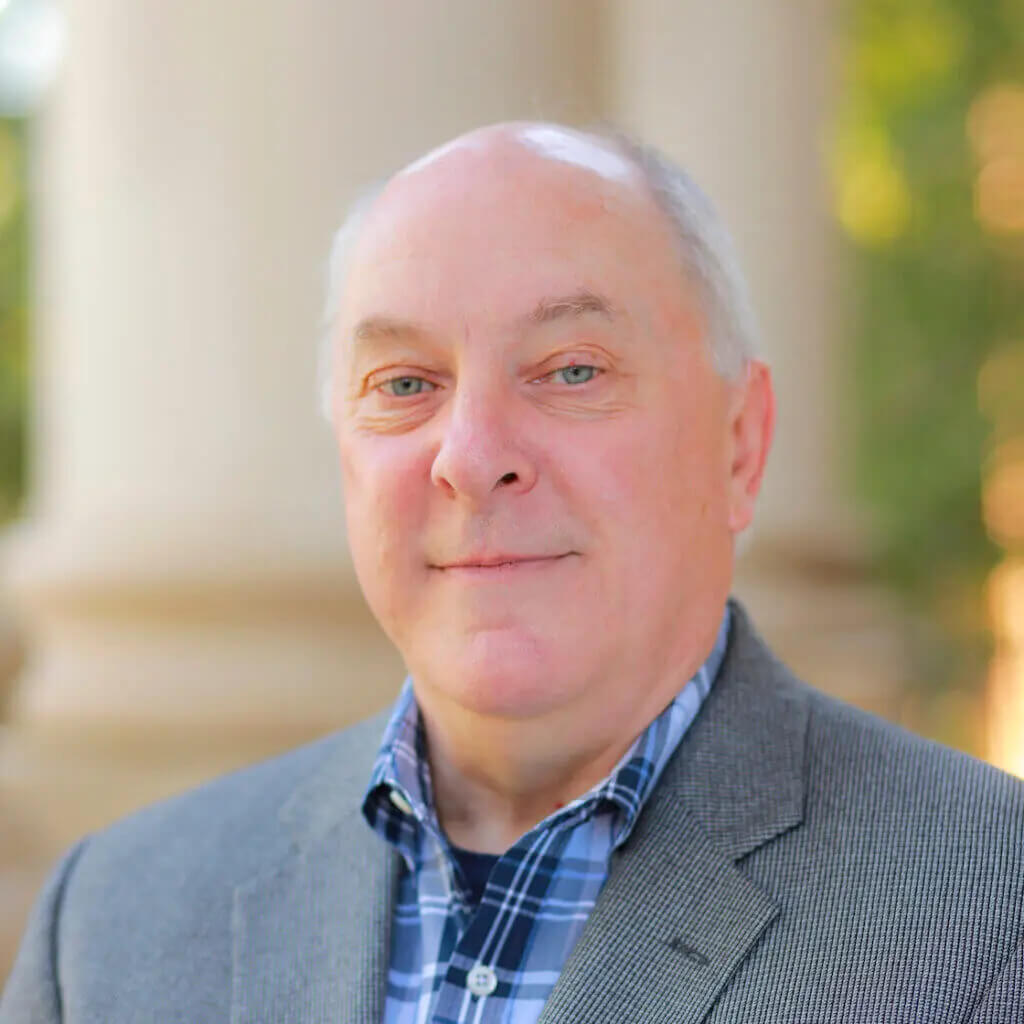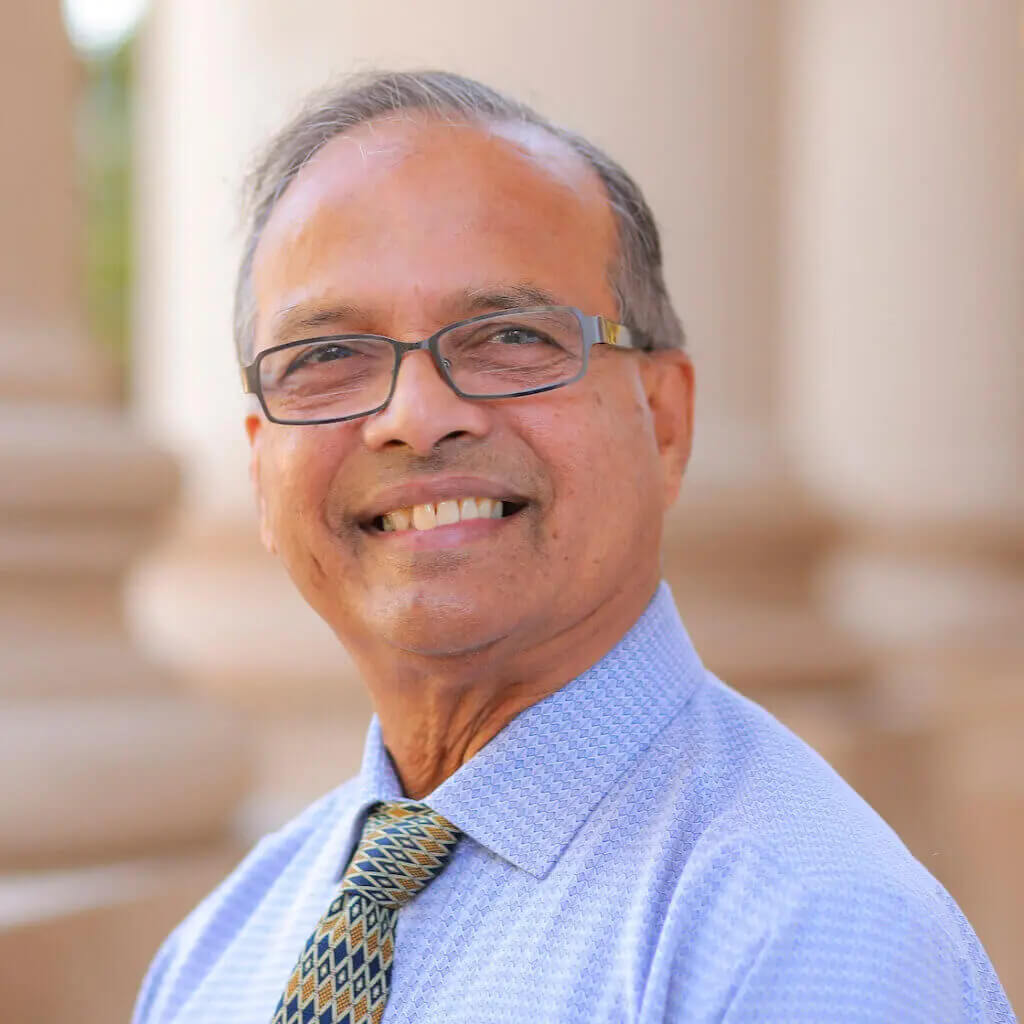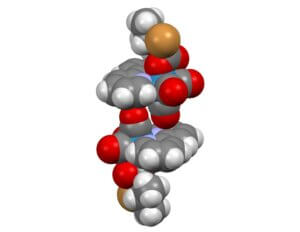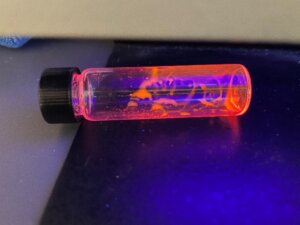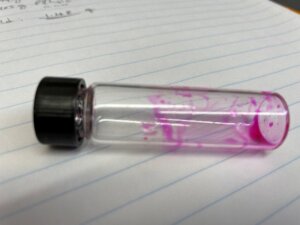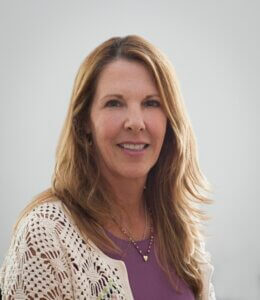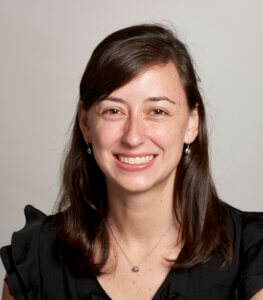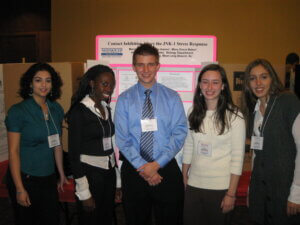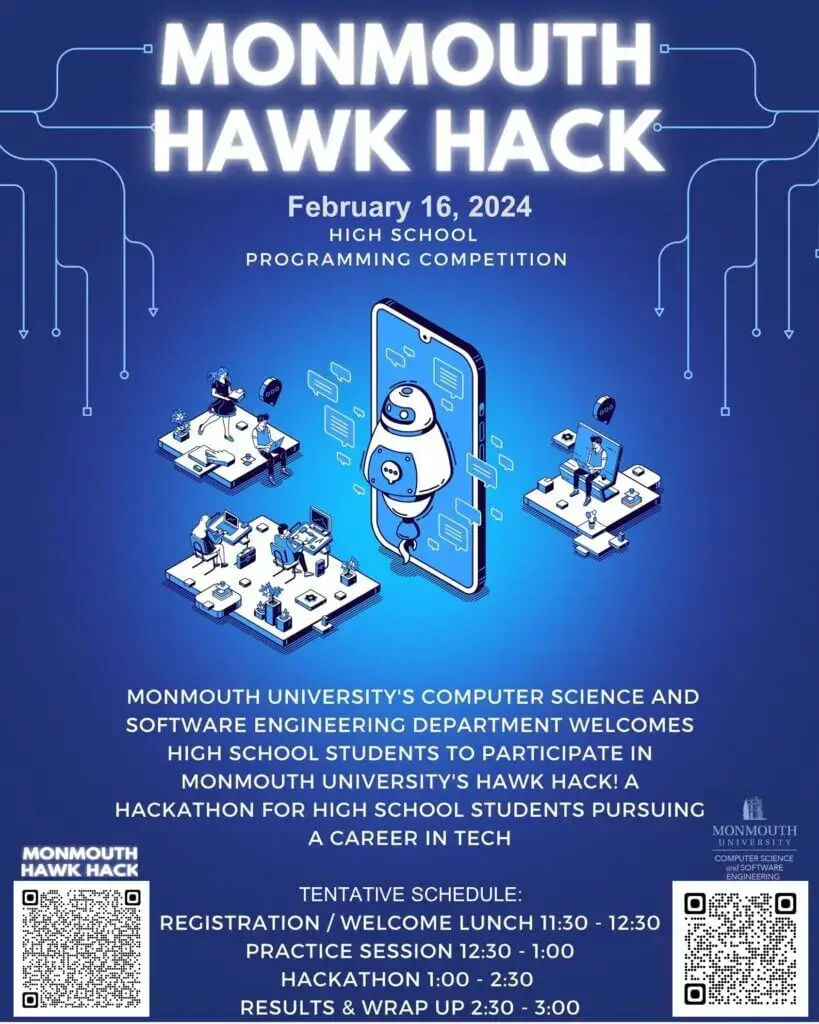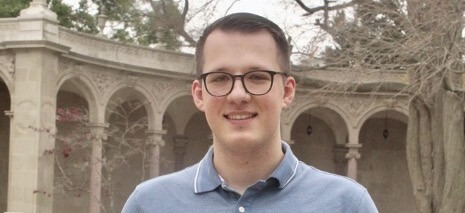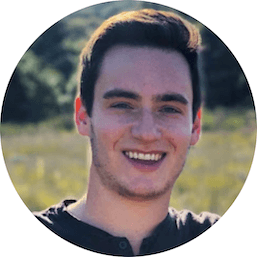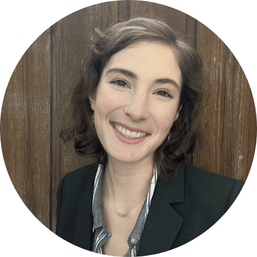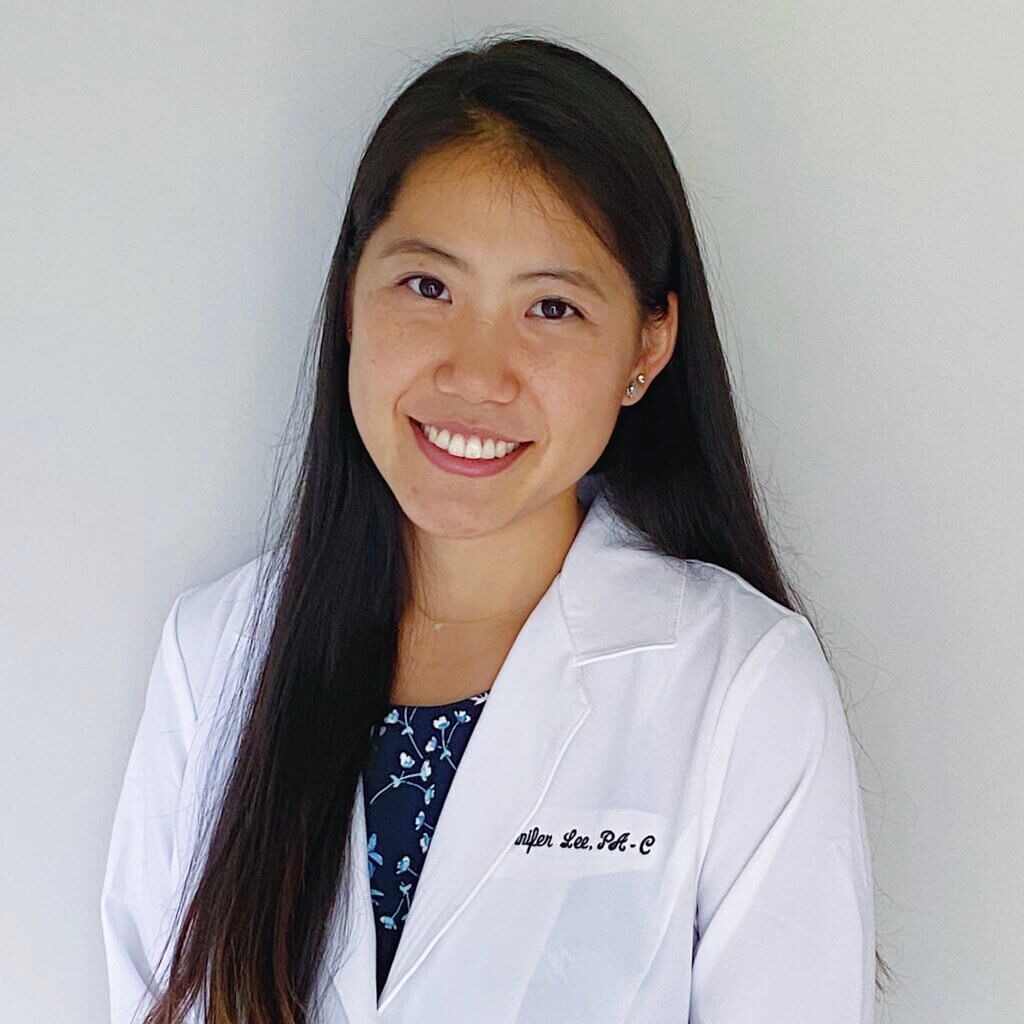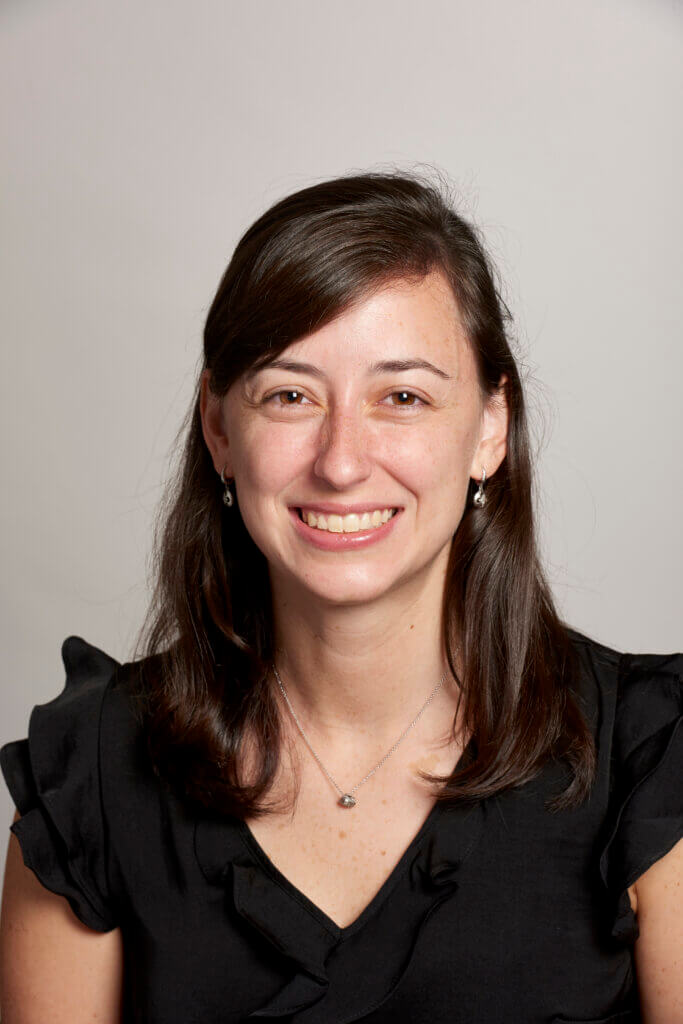Doug Tallamy’s presentation on January 23rd, 2024 was a strong start to the 2024 Climate Crisis Teach-In with more than 400 enthusiastic people attending the presentation.
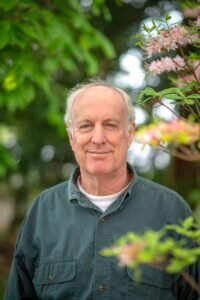
Doug outlined how regular citizens could impact both the ecological crisis and the climate crisis. There are more than 44 million acres of turf grass in the U.S. today, an area larger than New England. Turf grass is the worst plant choice for fighting climate change because it is the worst option for sequestering carbon. Our parks, preserves, and remaining wildlands are too small to sequester the amount of carbon needed to impact climate change. Moreover, they are also too small and separated from one another to sustain the native trees, plants, insects, and animals on which our ecosystems depend. These systems must be resilient if we are to have climate resiliency. We now must store carbon outside of parks and preserves, largely on private property, where we live, work, shop, and farm. Thus the concept for Homegrown National Park: a national challenge to create diverse ecosystems in our yards, communities, and surrounding lands by reducing lawn, planting native plants, and removing invasive plants, and, in so doing, fight the biodiversity crisis and climate change simultaneously. Doug introduced the concept of keystone plants, plants that support such a diversity of insects and other animals that they hold up large parts of a food web. Examples he gave were: Oaks, birches, native cherries, blueberries, goldenrod, native asters, black-eyed susan, Coreopsis.
Doug ended the presentation with the request that we each go out and plant a native and ecologically keystone tree this year and that we encourage our friends and neighbors to consider removing some lawn and adding native trees, shrubs and flowers in the space where the lawn was. In the question and answer period he outlined how creating soft landings for insects that eat leaves as larvae and need safe places to pupate in leaf litter under trees. Perennial plantings of shrubs and shade tolerant flowering plants under trees help insects complete their life cycles. He emphasized that healthy plant populations promote healthy insect populations which are necessary for healthy bird and mammal populations as well. And after the presentation was over Doug signed at least 100 books.
For the Teach-in we are proud to collaborate with other units within Monmouth University and with external partners to increase the impact and relevancy of the events; the climate crisis will not be solved by science alone. However, the interest from external partners in Doug’s talk was phenomenal! The Native Plant Society of Monmouth County, The Monmouth University Community Garden and the Monmouth Conservation Foundation all had tables prior to the event. The NJ Department of Environmental protection also contacted us to see if we would document attendance for Community Forestry Continuing Education Units (CEU’s); in the end 50 people earned one CEU for attending his talk. Monmouth Conservation Foundation also sponsored a well attended reception after the where vigorous discussion of planting plans and future projects proceeded until quite late.
The presentation was filmed by the Monmouth University Production Services and is available on vimeo
